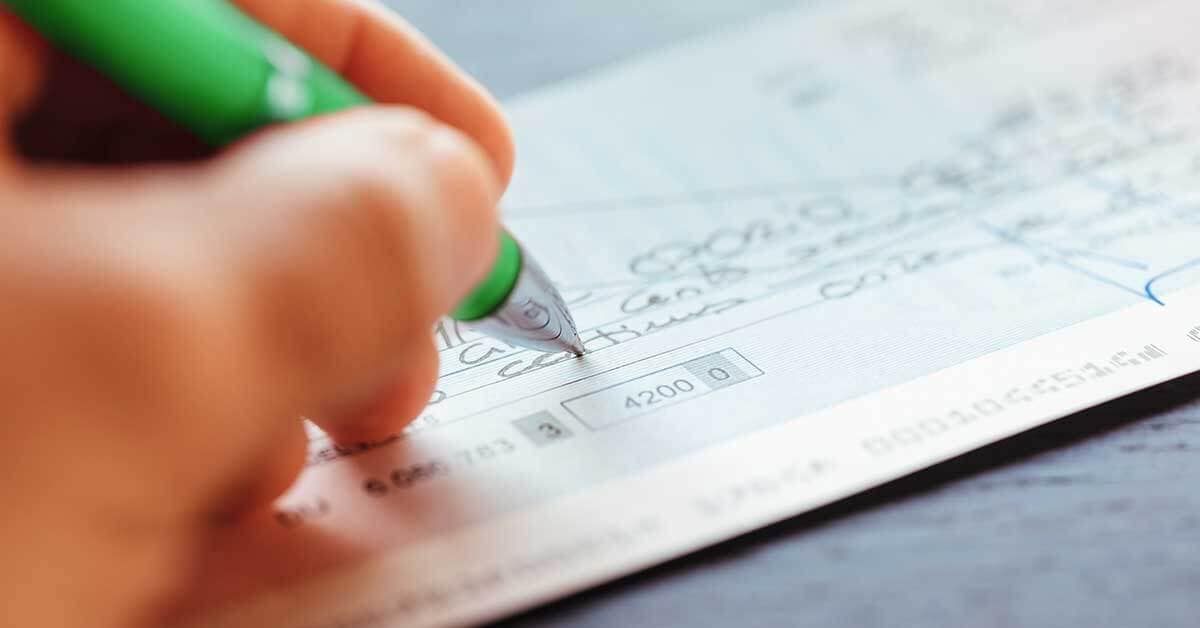Whether a check you’ve written was lost or stolen, or there’s another reason you don’t want a check cashed, it’s important to know how to cancel the check quickly before any funds are withdrawn by the person you wrote the check to. You’ll need to contact your bank and let them know that the check shouldn’t be honored if it hasn’t already been processed – a process known as a “stop payment.” This is done through a careful multi-step process and requires thorough communication with your bank.
How to Cancel a Check
Once you’ve decided to cancel a check, it’s important to act fast, as you will not be able to stop payment on a check after it has been deposited or cashed. The following steps will ensure that you are prepared to properly cancel a check.
1. See if the check has already been cashed/cleared.
If a check has been cleared, it will be reflected in your bank account statement. Keep an eye on your account to make sure that the check has not already been cashed or deposited by the other party. You can also call or visit your bank and ask a representative to let you know the status of the check.
Open a Huntington Checking Account
If you want a basic checking account with no monthly maintenance fee, or an interest-earning checking account, we've got the options that are right for you.
Learn More
2. Gather your account number, check number & amount of the check.
You can find the important information about the check in your online banking account. Most online banking services will offer an option to view your account details. Here’s how to find your account and routing number. Your bank will also need the check number and exact amount the check was written for. Some banks will even request the date on the check and the full name of the check recipient.
3. Contact your bank.
Stop payment policies will vary by bank, so make sure you contact your bank to verify the process of canceling a check through them. There may be some conditions under which you will not be able to cancel a check. For example, your bank might only allow a stop payment request to be placed during their business hours.
4. Request stop payment.
Each bank will have a different stop payment process. Some will accept a verbal stop payment while others may require a written stop payment directive. There also may be a fee for canceling a check that will be charged to your account (pending your approval) before a stop payment can be processed. Most stop payment orders will stay in effect for six months, but you can ask your bank if they offer extensions if you find it necessary.



